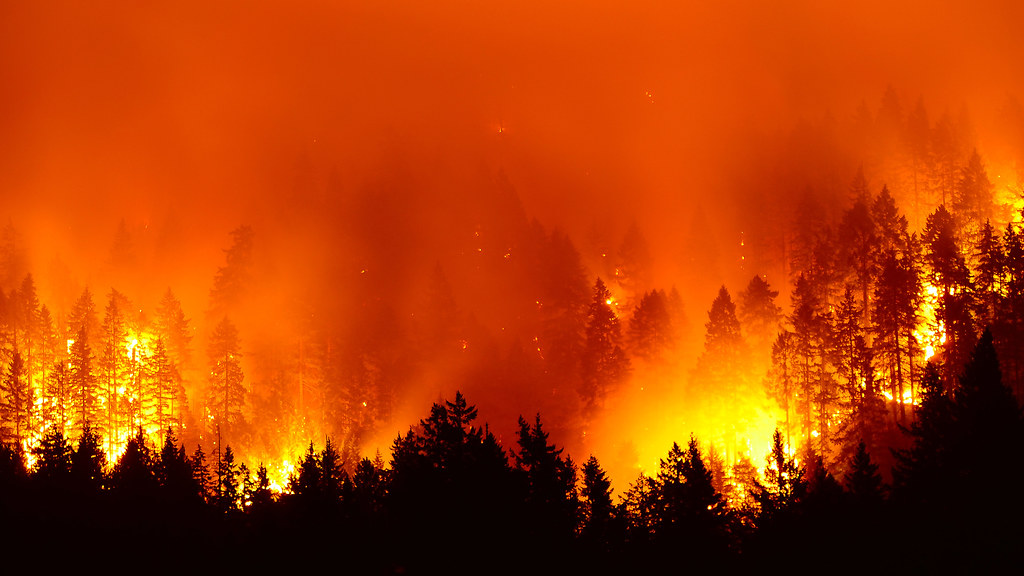University of Bath academics Professors Lorraine Whitmarsh and Marcelle McManus are available for media interviews this week in relation to the latest, landmark IPCC report on the devastating effects of climate change.
Not about small incremental steps
Professor of Environmental Psychology and Director of the Centre for Climate Change and Social Transformations (CAST), Lorraine Whitmarsh said: “Today’s report is crystal clear that human activities are making the world a much more dangerous place to live. We are already seeing the effects of a 1.1 degree C temperature rise - and unless we take transformative action now, the devastating floods, and fires we are seeing will become far more frequent and severe in the coming years. Although it is not too late to act, we now only have a slim chance of keeping to our international target of 1.5 degrees C and avoiding the most deadly impacts.
“To achieve this we need radical, immediate and wide-ranging change in lifestyles as well as in technologies. This means everyone taking significant steps to cut their carbon footprint, for example by driving and flying less, cutting down on red meat and dairy, using less energy and being less wasteful.
“This isn’t about small and incremental steps, but about transforming behaviour and society - this will not only help avoid dangerous climate risks, but also improve people’s wellbeing and create green jobs too.”
The challenge is on
Professor of Energy and Environmental Engineering and a Director in the Centre for Sustainable and Circular Technologies Marcelle McManus, added: "The IPCC AR6 report is clear – humans are responsible for the changing climate, the ever increasing weather events and the resultant deaths and loss: 'It is unequivocal that human influence has warmed the atmosphere, ocean and land. Widespread and rapid changes in the atmosphere, ocean, cryosphere and biosphere have occurred'. Future warming will be caused not just by future emissions, but by the effect of the emissions already released in the past.
"Perhaps surprisingly, there are some rays of positivity if we just look hard enough. The report contains a section on limiting the impacts of climate change. It is here we can see positivity – however, we need to ACT NOW. There is no time to waste. We need to decarbonise rapidly. We need to reach our net zero targets globally. This means within the UK we need to be focusing on our internal emissions (through large scale industrial projects such as IDRIC), and buildings (through projects such as UKFIRES). The positive hope in the report needs to be pounced on by our colleagues, and used as inspiration for an immersive context in which we conduct our research and education.
"However, we also need to look at our consumptive emissions, and we need to be working globally to decarbonise rapidly. The predictions show that if we reduce our emissions rapidly in the next ten years AND we meet net zero in the next thirty years we stand a chance of limiting warming to 1.5 degrees. So the challenge is on. Are we willing to roll up our sleeves collectively and get on with this? We have to, otherwise the implications are stark."

